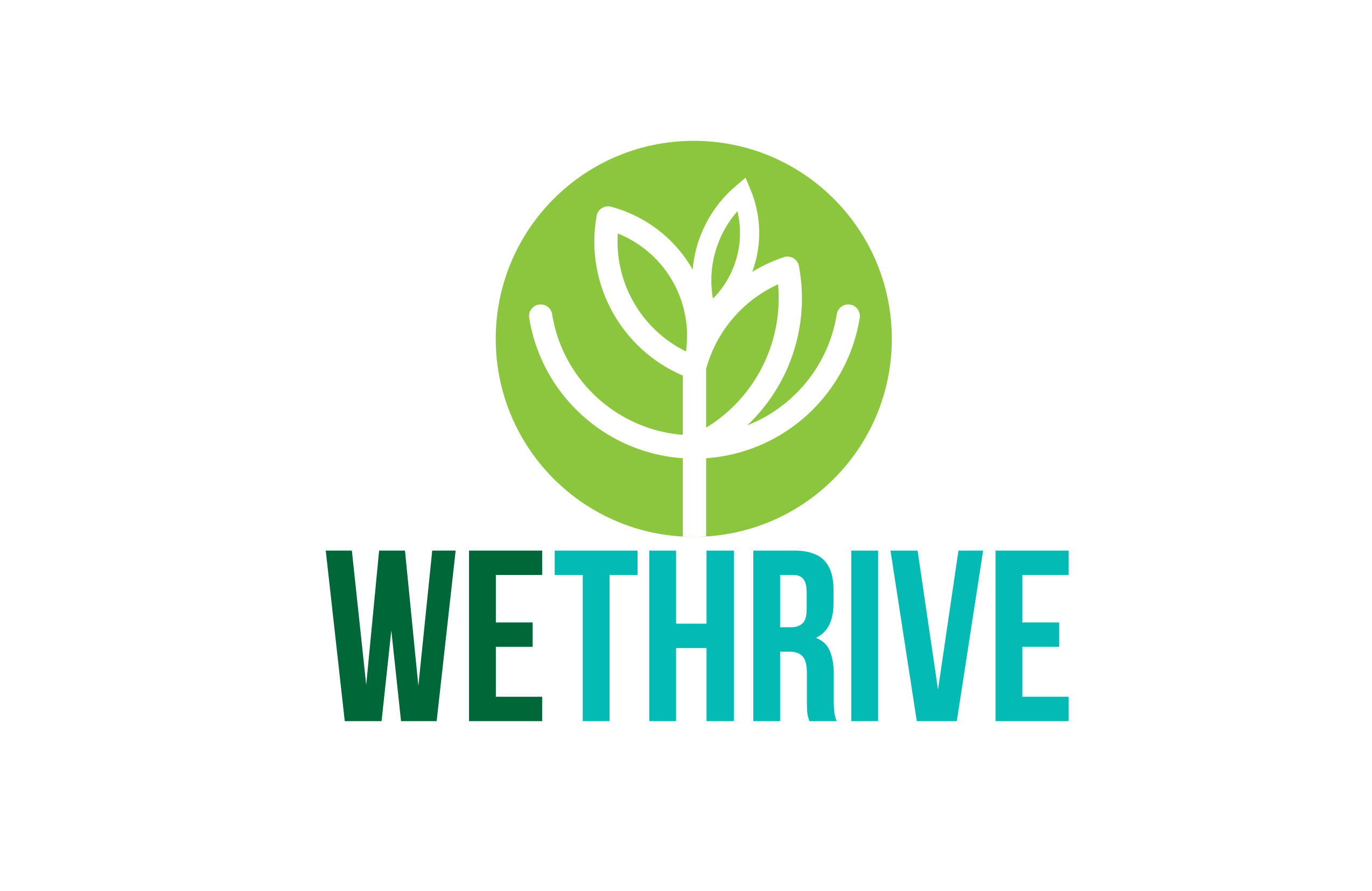It’s been about a week since our successful launch event Route 2.1:
Your Guide To Thrive. We are beyond grateful for our participants, guests and the meaningful interactions from both morning and afternoon sessions.
We tried our best to answer questions but there simply wasn’t enough time so as promised, we’ve compiled the participant questions and we’re answering them here today!
Q: How do we feel motivated everyday?
Being clear about your purpose can help you stay motivated. When you know your ‘why’, it is easier to stay the course, no matter how difficult or mundane the tasks are. Purpose is defined as a central life aim that enables one to perceive meaning and value in one’s life and pursuits. If you’re not clear about your purpose yet, it will be beneficial for you to reflect on that now. Studies have shown that having a clear purpose in life contributes to higher life satisfaction, more positive emotions, better resilience to stress, and even longer lives1. Once you’re clear about your purpose, you can connect what you do with that purpose. For instance, with regard to work, you can ask yourself:
- How does this work align with my purpose?
- How does this work allow me to fulfill my purpose?
This sense of purpose will provide you with deeper motivations to carry on. Another way to keep yourself motivated is by clarifying and embodying your values. Values are the criteria people use to select and justify actions and to evaluate people (including the self) and events. Examples of values are kindness, patience, wisdom, respect, integrity, etc. When doing an activity or task, approach it by bringing an important value to it. Embody the value while doing it. For instance, your task is to write a report and one of the values you’ve identified is wisdom. Write the report guided by your wisdom, or better yet, write the report as a wise person. Your motivation to finish the task will be enhanced when bringing values up to the level of conscious awareness.
1 Sources:
Values and Behavior: Strength and Structure of Relations, by Anat Bardi & Shalom H. Schwartz. https://journals.sagepub.com/doi/10.1177/0146167203254602
Meaning in life and physical health: systematic review and meta-analysis, by K Czekierda, A Banik, CL Park, A Luszczynska. https://www.ncbi.nlm.nih.gov/pubmed/28488471
Purpose in Life as a System That Creates and Sustains Health and Well-Being: An Integrative, Testable Theory, by P.E. McKnight & T.B. Kashdan. https://journals.sagepub.com/doi/abs/10.1037/a0017152
Purposeful Engagement, Healthy Aging, and the Brain, by C.D. Ryff, A.S. Heller, S.M. Schaefer, C van Reekum, & Davidson. https://www.ncbi.nlm.nih.gov/pubmed/28534002
Q: Between PRIVACY and THE NEED TO ADDRESS THE ISSUE raised by an employee, which one is more valuable? How can we maintain privacy when we need to address an employee’s problem raised during a session?
In clinical practice, confidentiality is the cornerstone of therapeutic alliance—clinicians ensure that the client understands the terms and limits of confidentiality before creating therapy goals/implementing intervention plans to address the presenting problems. It is difficult to gain the trust or get started on working towards change if they don’t feel safe enough.
In the workplace, it is often hard for employees to disclose feelings of burnout or anything that pertains to having a hard time, for fears of the self-report being used against the employee, whether in performance ratings or rumors starting in the office. If the concern is purely an office issue that can be resolved with the HR or manager, that is a good starting point. However if it is a personal issue, leaning towards mental health concerns, an even greater emphasis should be placed on maintaining confidentiality. Especially in the context of high risk/crisis situations (e.g. safety issues, anything that involves harm to self or others), the workplace has to have a system of reporting and referring to a professional without having effects on the employee’s 201 file.
Q: I’ve been recently aware of leadership biases, when big organizations want to talk about leadership and success they talk about creativity, action, innovation. And I was wondering what leadership from a feminine soft sense will look like?
This is a very important question. We need to re-examine the implicit biases in leadership culture and to transform what has not been adaptive and healthy. Traditional leadership culture tends to be dominated by masculine perspectives on strength, competence, and success. This has skewed team and organization cultures towards competition, toughening-up in times of crisis or difficulty, compartmentalizing emotions and personal life, and achieving results at the cost of personal wellbeing and relationships. Masculinity is in itself not the problem. The problem has been in the devaluing of feminine strength and wisdom such that it is viewed as “softness or weakness” in the leadership arena. Women have been leading families and communities all throughout human history. When we make room for feminine wisdom in leadership, we make room for the power of relationships and connection in motivating people towards a goal, we look at our capacity to care for people and teams, to use our grace and nurturing qualities to make the workplace environment safe for risk-taking and creativity. It is not about canceling out one culture over another. It’s about harmony and recognizing the strengths in the masculine and feminine aspects of our humanity. We can only look at the fine example of New Zealand Prime Minister Jacinda Ardern who said, “I refuse to believe that you cannot be both compassionate and strong.”
Q: One of the problems with working from home is that the boundaries between personal life and work can often be blurred. It’s becoming work-life integration vs work-life balance? Any tips on creating a clear work schedule and at what point do you take some time off to do other things?
First of all, decide on your working hours, number of hours and time of the day. Block that off as primarily time for work. Inform your office that you are available to work on those hours or try to reach a compromise in case there will be overtime work. You also need to set a limit to overtime hours.
Second, try to disconnect from work by turning off your laptop or not
engaging in work related activities once work hours are finished. Inform your office that you cannot be disturbed during these hours, that you cannot be expected to answer messages or emails.
Third, vacation leaves seriously. Take time out engaging in activities that has nothing to do with work. Pursue hobbies or engage in restorative practices such as exercise, relaxation activities, social engagements and things that are fun for you.
Q: I have a friend who’s a church leader. She’s assigned to a clinically depressed person who keeps texting her for attention even late in the night, and fights my friend when she’s ignored. My friend is mentally and spiritually drained, but she couldn’t reject her because our church says it is the duty of leaders to care for any person that comes their way.
What may be missing here is the setting of expectations as to what kind of care may be provided by a church leader. Is it within the leaders training to provide help to a depressed person, or is this better referred to a mental health specialist? It seems like there is no boundary in terms of how help may be asked by the member. It sounds like the member is very demanding and to fight for attention or care sounds like this case is more than just depression. It looks like the leader is being taken advantage of and no support is being provided to the leader to relieve him of the burden of caring for this person.
Though it may be true that a church leader’s job is to care for members of the church, it does not mean that there is no boundary to this relationship. Being demanded to attend to this person during late nights is too much. That is why this leader is mentally and spiritually drained. It obviously shows that this arrangement is far from ideal.
We’ll be uploading highlights from the event so stay tuned! And in case you missed it, we announced the winners of the raffle early this week:




